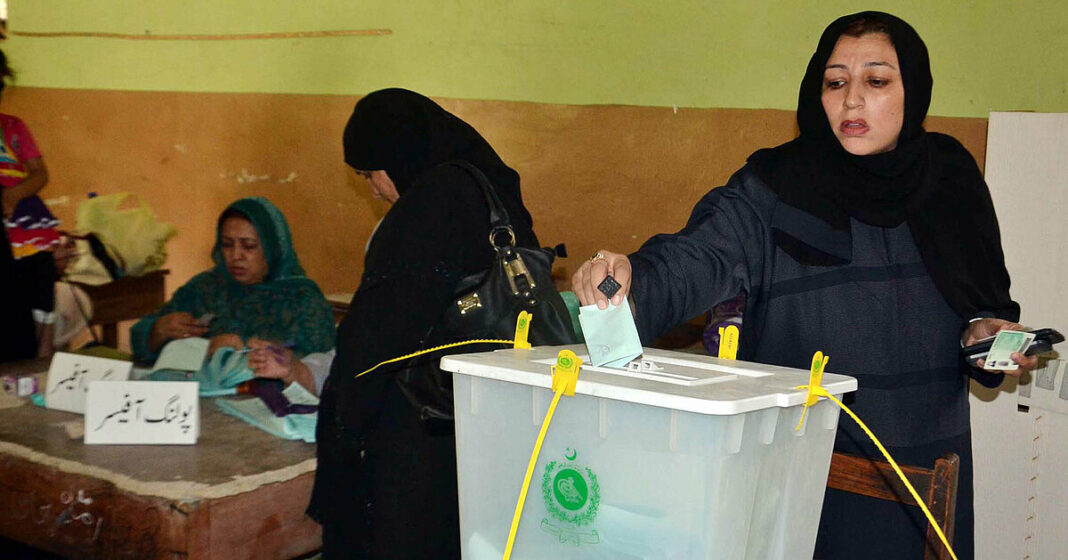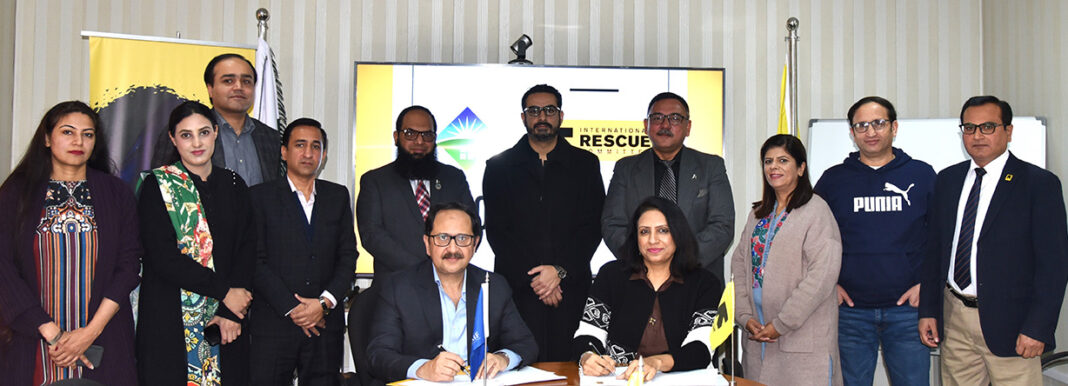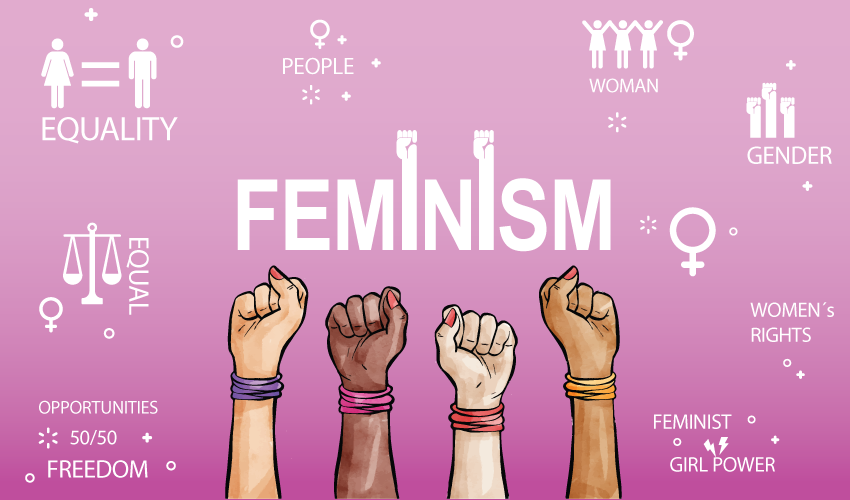NEWS DESK
ISLAMABAD: Gallup Pakistan, through an analysis of the Election Commission Pakistan Nomination Papers (2018), has released a report that highlights significant gender disparities in the composition of candidates who participated in the 2018 elections. The survey not only underscores the pressing need for increased gender inclusivity in politics but also calls for collective efforts to address the existing imbalances. Here are the key findings:
National Gender Breakdown:
- A staggering 96% of candidates who contested the 2018 elections were male, starkly overshadowing the meager 4% representation of female candidates. This alarming gender imbalance in the candidate pool raises crucial questions about the inclusiveness and diversity of the political arena.
Regional Disparities in Female Representation:
- Balochistan and the Federally Administered Tribal Areas (FATA) reported the lowest percentage of female candidates, both at a mere 1%. These regions highlight specific challenges that hinder female participation in politics and underscore the urgent need for targeted interventions.
In comparison, the survey reveals a positive outlier in Islamabad, where an impressive 9% of candidates who stood for the 2018 elections were female. This indicates the potential for fostering greater gender inclusivity in political representation and serves as a model for other regions.
The stark gender disparities revealed by Gallup Pakistan’s survey demand immediate attention and concerted efforts to create a more balanced and inclusive political landscape. The findings prompt a national conversation on the barriers hindering women’s participation in politics and the need for comprehensive strategies to overcome these challenges.



